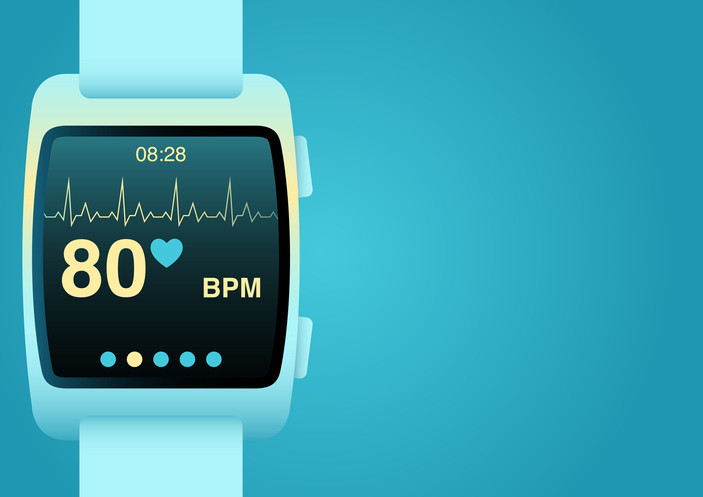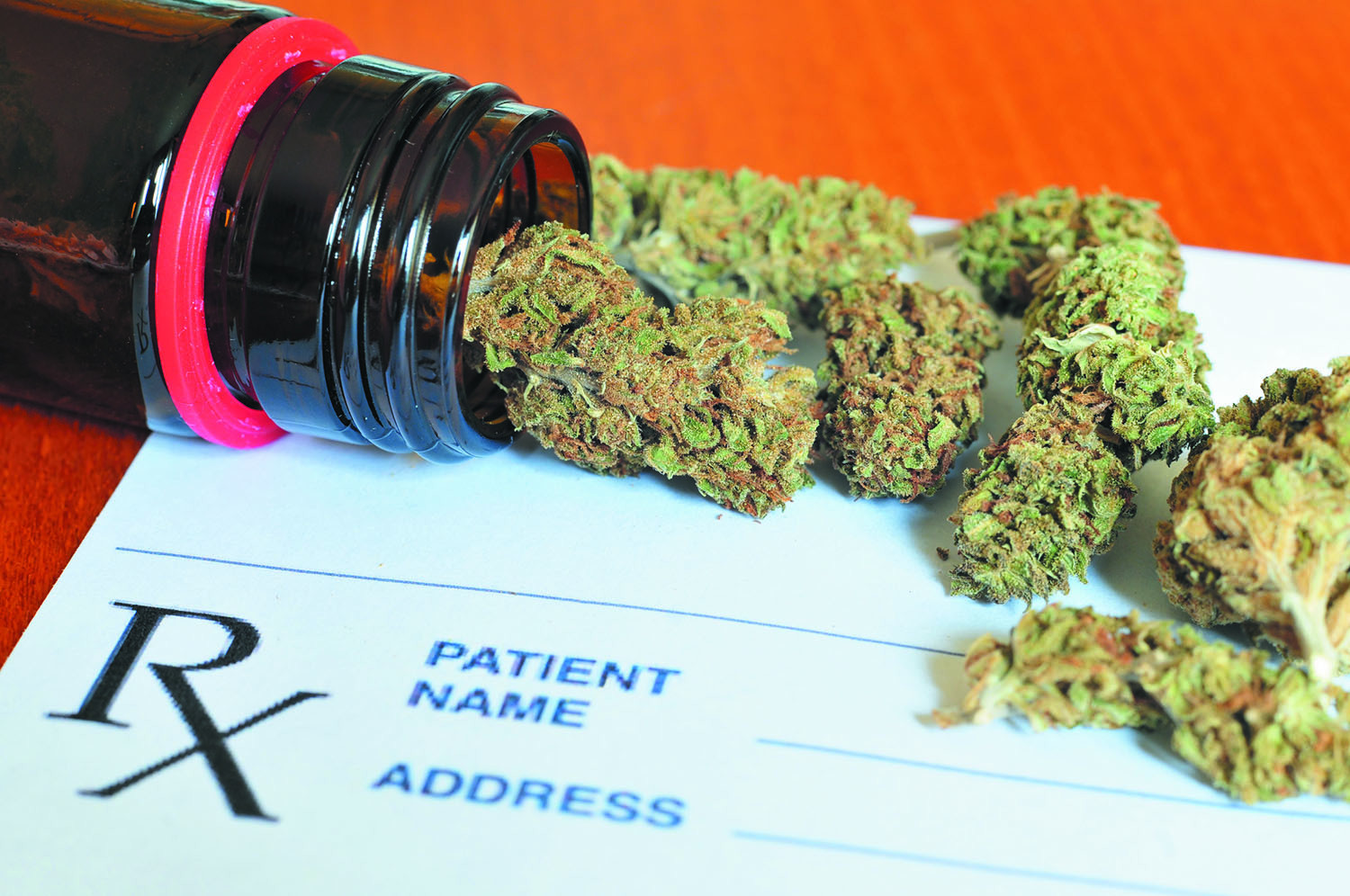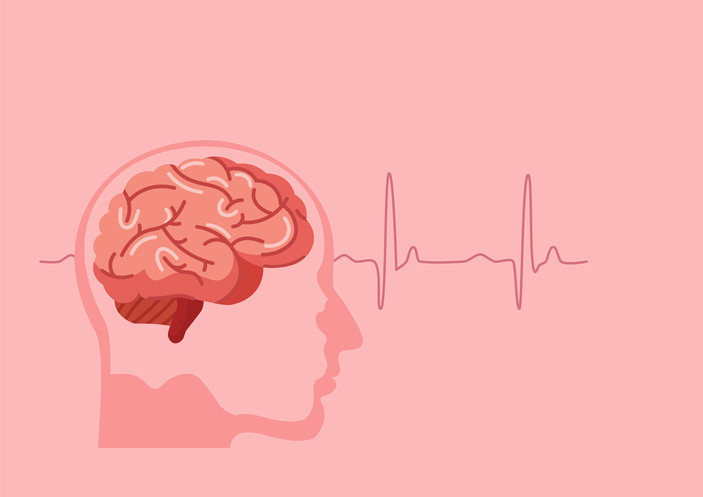
5 timeless habits for better health

What are the symptoms of prostate cancer?

Is your breakfast cereal healthy?

When pain signals an emergency: Symptoms you should never ignore

Does exercise give you energy?

Acupuncture for pain relief: How it works and what to expect

How to avoid jet lag: Tips for staying alert when you travel

Biofeedback therapy: How it works and how it can help relieve pain

Best vitamins and minerals for energy

Should you take probiotics with antibiotics?
Heart Health Archive
Articles
Harvard Health Ad Watch: How helpful are pulse monitors and home ECGs?
Ads for consumer health monitoring devices make it seem like having ready and regular access to heart rate, heart rhythm, and electrocardiogram data is something everyone needs. While it may help some people with existing heart conditions, how about for an average person without such a concern?
Coffee and your blood pressure
Is there such a thing as a silent stroke?
It is possible to experience a stroke without symptoms. Addressing cardiovascular risk factors can help lower the risk.
Seasonal changes and blood pressure
Some people with borderline high blood pressure have higher readings during winter, even high enough to need medicine to control it. In spring or summer, they might be able to reduce the dose or stop taking the medication. Losing excess weight and cutting back on salt also can help.
Don't fail your heart health
The most common type of heart failure in older adults is heart failure with preserved ejection fraction. This is caused by the heart's left ventricle not being able to relax, which means less blood enters the chamber, so less gets pumped out. Prevention and treatments continue to evolve, but include controlling blood pressure, addressing weight gain with exercise and diet, not smoking, and curbing alcohol intake.
FDA urges the food industry to cut back on salt
The FDA called for the food industry to voluntarily cut the amount of sodium in processed, packed, and prepared foods. Those products provide about 70% of the sodium in the typical American diet.
Chemical in plastics and personal care products linked to heart disease
Exposure to chemicals called phthalates, found in commonly used plastics, may be linked to a higher risk of dying from cardiovascular disease.
Low-dose aspirin: Little benefit for people without prior heart attack
A draft guideline from a national panel of experts recommends that people without heart disease who are 60 and older should not take low-dose aspirin to prevent a heart attack or stroke.

5 timeless habits for better health

What are the symptoms of prostate cancer?

Is your breakfast cereal healthy?

When pain signals an emergency: Symptoms you should never ignore

Does exercise give you energy?

Acupuncture for pain relief: How it works and what to expect

How to avoid jet lag: Tips for staying alert when you travel

Biofeedback therapy: How it works and how it can help relieve pain

Best vitamins and minerals for energy

Should you take probiotics with antibiotics?
Free Healthbeat Signup
Get the latest in health news delivered to your inbox!
Sign Up











